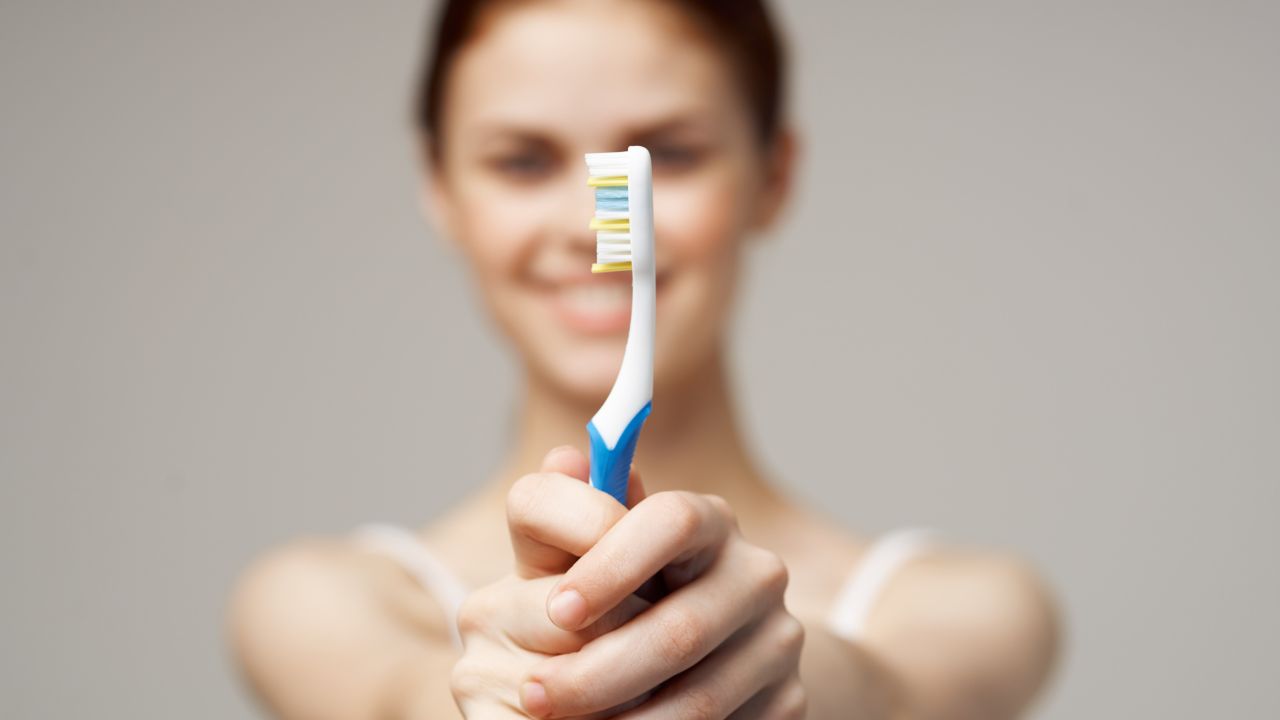
Good oral health is essential to a healthy lifestyle and displays good overall health. Healthy teeth, tongue, and gums can help you get the most out of your food, smile confidently, and breathe fresher.
Oral health is majorly connected to overall health. Oral diseases can transfer to systemic diseases, and many systemic diseases can be identified by assessing oral health.
Thus, healthy oral care habits are essential for a brighter, cleaner smile. In this blog, we have mentioned some efficient ways to maintain good oral hygiene. Read to find out how you can get the best smile.
Daily Oral Care Habits
1. Brushing
Brushing twice every day is a basic oral hygiene rule that helps keep your mouth clean from bacterial and plaque buildup. Choose the right brush and toothpaste, and brush your teeth with the correct technique: brushing from the gums towards the end of the teeth. Brush your teeth shortly after waking up and after dinner for ideal oral health.
2. Flossing
Flossing your teeth can help remove food and plaque stuck in the gaps of the teeth. Floss correctly by slightly curving the floss at the gum endings, single-use a floss, and rinse well after flossing for best results. Incorporate flossing into your daily oral hygiene routine.
3. Mouthwash
Use a mouthwash to rinse your mouth to reduce the microbial load, inflammation, and the chances of oral fungus. Use a mouthwash once daily after brushing and flossing for brighter teeth and fresher breath.
Dietary Tips for Oral Health
Your diet influences your teeth and gum health. Consumption of sugary, acidic, artificially colored foods and beverages can increase the chances of oral infections, tooth decay, and discoloration.
Instead, opt for foods that improve oral health, such as dairy. You should also drink enough water to promote saliva production and rinse your mouth with water after meals to clean the food stuck in teeth gaps and prevent cavities.
Advanced Oral Care Practices
1. Using Dental Tools
Dental care tools, such as interdental brushes, tongue scrapers, and water flossers, must be updated for optimal dental hygiene and maintenance.
2. Professional Dental Cleanings
Professional dental cleanings help achieve ideal dental health with cleaner teeth, fresher breath, and germ-free gums. They also remove plaque buildup from the surfaces and gaps of teeth and polish the surfaces to minimize bacterial growth, ensuring healthy teeth and oral tissues.
Special Considerations
Children's Oral Care
Children's oral care must be maintained to lay a strong foundation for good teeth. They are more prone to oral diseases that need to be prevented and addressed, so their oral health needs to be monitored, and they need to be assisted with oral hygiene practices.
Oral Care for Seniors
When one reaches old age, dental health starts deteriorating and requires proper restorative and preventive care. Special treatments and techniques are needed to resolve common age-related dental issues such as broken teeth, gum diseases, and bone loss. For this purpose, seniors need regular dental visits.
Common Oral Health Issues and Prevention
- Tooth decay and cavities: Tooth Decay and cavities are common oral health issues affecting people of all ages. They are mainly caused by excess sugary and acidic food and improper oral hygiene. Thus, avoid sugary food and maintain proper brushing techniques to avoid cavities and tooth decay.
- Gum disease: Gum diseases can be caused by bacterial growth in the gum lining. This may lead to pain, swelling, and irritation in the gum and cheeks. Regular professional dental cleanings are recommended to avoid gum infections.
- Bad breath: Bad breath mainly occurs because of diet, dehydration, or oral infections. To prevent bad breath, practice good oral hygiene, use mouthwash, and drink more water.
- Teeth sensitivity: Teeth sensitivity is caused by erosion of the enamel. Consult your dentist for personalized solutions on teeth sensitivity.
Lifestyle Habits for Better Oral Health
- Avoiding tobacco products: Tobacco disturbs oral health and contributes to dental diseases. Avoid or completely stop chewing and smoking tobacco to maintain good oral health.
- Limiting alcohol consumption: Alcohol consumption contributes to gum diseases and other health problems. Limit alcohol consumption for optimal dental health.
- Managing stress: Saliva helps protect your oral tissues from damage caused by elements present in food. Stress can lead to decreased saliva production and cause oral irritation.
Conclusion
Oral hygiene is crucial to one's overall health and self-esteem. Practicing good oral hygiene, using personalized oral care tools, visiting the dentist for regular cleanings, and avoiding elements that might harm oral health is important. For customized tips on oral care, visit Rathi Dental Center for expert opinions from the most recommended dentist in Juhu.
